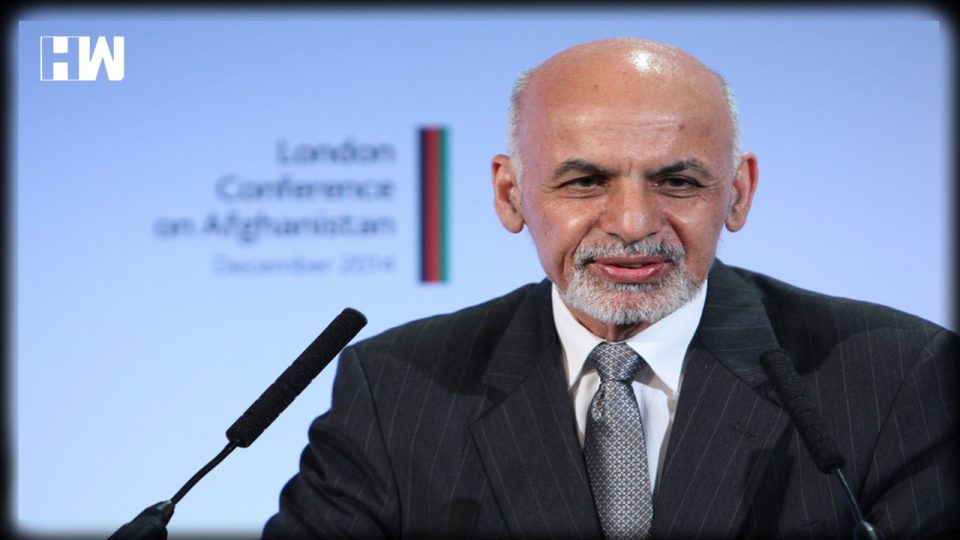President Ashraf Ghani of Afghanistan told the 75th session of the UN General Assembly on Wednesday that his country was moving into the next five years “with a clear plan for progressing the values of the UN”, which are enshrined in its own constitution.
With the objective of self-reliance, moving away from donor relationships to mutually beneficial partnerships, he said that “a democratically stable and prosperous Afghanistan will be an example of how our collective will can overcome the turmoil and uncertainty that defines our world today”.
Turmoil around every corner
Afghanistan is embroiled in five sources of unrest, the President said in a pre-recorded video address to the Assembly’s annual debate, being held virtually this year due to the coronavirus pandemic.
He underscored that the pandemic has “exposed our vulnerabilities, to the point that we as a global community could no longer afford to ignore them”.
While close Government, business and societal cooperation in Afghanistan enabled it to contain the first wave of the pandemic, the President noted that COVID-19 “has exposed gaps in our systems that must be addressed” and requires unprecedented action.
He pointed to the fourth industrial revolution as “another driver of inequality and unemployment” and underscored the need to “think ahead of our time”.
Taliban talks not enough to root out terrorism
Turning to violence and warfare, another source of turbulence for Afghanistan, the President said, “we are living, and dying, inside the fifth wave of global terrorism”.
Although his country started direct peace talks with the Taliban, he maintained that “this won’t be enough…we must get to the root of the terrorism problem blighting our region and address it as the global phenomenon, and threat, that it is”.
Calling climate change “another type of violence and suffering”, President Ghani flagged that “Afghanistan is the 17th worst affected country in the world”.
“Drought and floods are seasonal occurrences for Afghanistan”, he said. “We need regional solutions based on international models to address the problem of climate change”.
The fifth driver of distress, according to the Head of State, is an “explosion of inequality”, which he regarded as a culmination of the first four, warning that if action is not taken, the state of turmoil would continue in perpetuity.
“I come back now to the first driver, the COVID-19 pandemic, because the scope and scale of its impact forced us to see the other four drivers, which were worsened and highlighted by the pandemic”, he said. “The pandemic taught us an urgent lesson: We can no longer ignore these drivers”.
Full statement available here.
As an independent media platform, we do not take advertisements from governments and corporate houses. It is you, our readers, who have supported us on our journey to do honest and unbiased journalism. Please contribute, so that we can continue to do the same in future.

